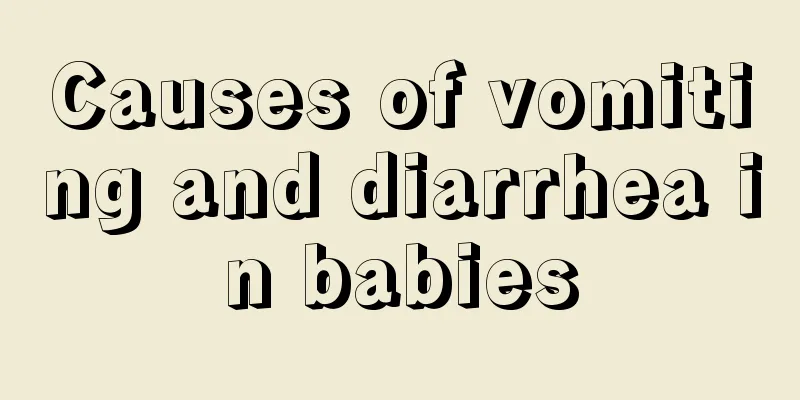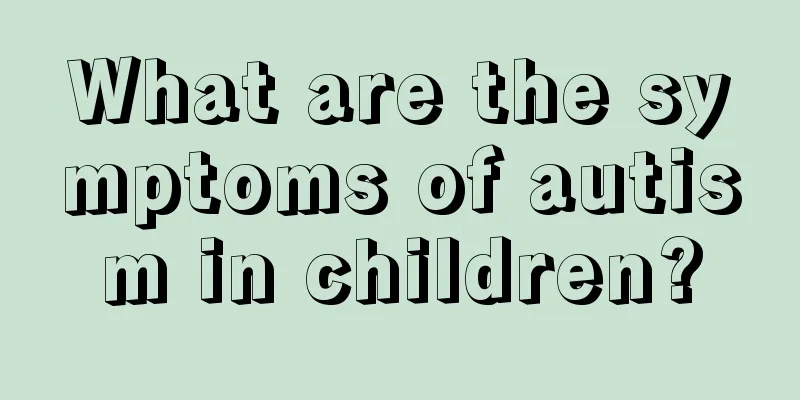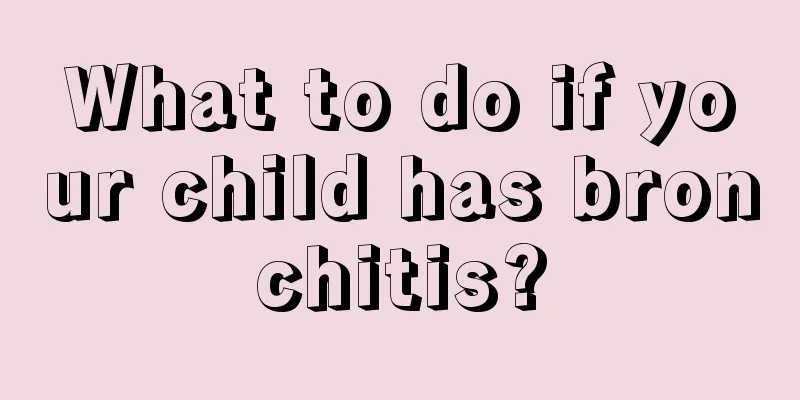Four-year-old child always likes to blink

|
Many strange behaviors of children in life concern every parent, because parents will judge the children's physical health based on their actions. For example, for a four-year-old child, they already know a lot of things. Sometimes the child may feel uncomfortable in the eyes and like to blink. At this time, parents are afraid that the child often blinks and has blinking disease. So what should parents do if a 4-year-old child always likes to blink? First, we need to understand why people blink. Blinking is an instinctive action of human beings and a normal physiological activity of the eye muscles. When people feel dry eyes, sore eyes or other discomfort or tension, they will blink reflexively. These are all normal muscle activities. Blinking is a protective mechanism to protect the eyes from stimulation by foreign objects, light, etc. At the same time, it can ensure that tears are evenly distributed, protect the cornea, and prevent the surface of the eye from drying out. Under normal circumstances, people blink about 10 times per minute. If the blinking frequency greatly exceeds this number, it is abnormal. Blinking is a common manifestation of tics in children and occurs in the early stages of tics. At this time, parents often ignore and misunderstand it as the child's habitual "little movements", which leads to worsening of the tic disorder and further induces unconscious tics in other parts of the child, such as wrinkling the forehead, twisting the mouth, shrugging shoulders, etc., as well as inattention and hyperactive behavior changes. Some children also make strange noises, or even swear and use bad words. This condition is medically called Tourette Syndrome in children. So, what are the causes and treatments for children's frequent blinking? Dry eyes: Nowadays, children also frequently use mobile phones, game consoles, learning machines or iPads. The image stimulation, flickering TV screen and fast picture changes will not only cause over-excitement of children's visual center, but also make children blink less and their eyes are prone to dryness. After a while, the child will begin to blink more. In this case, resting with your eyes closed may help. Children should avoid prolonged interaction with machines. If the condition does not improve after rest, they should see an ophthalmologist. Allergic conjunctivitis: Some children blink seasonally, rub their eyes frequently, and often complain to adults that their eyes are itchy or have a foreign body sensation. Sometimes, sticky secretions can be observed in the eyes, and the use of antibiotic eye drops is still not effective. At this time, allergic conjunctivitis should be highly suspected. If a child has eye discomfort along with other symptoms such as sneezing, runny nose or itchy throat, it can basically be confirmed as allergic conjunctivitis. Careful parents may find that there are many "small particles" under their children's eyelids. This is caused by the children's allergies to certain substances they come into contact with, such as pollen, dust mites, etc. In these cases, antibiotic treatment may not only fail to improve symptoms, but may even make them worse. Antiallergic eye drops should be used; in severe cases, topical steroid eye drops are required, but they must be prescribed by an ophthalmologist and the patient must be closely observed clinically. During the illness, children should be prevented from rubbing their eyes, and ice water can be applied to the eyes to relieve the symptoms. Infectious conjunctivitis: such as conjunctivitis, keratitis, etc., may be related to bacterial, viral or chlamydia infection, and are often related to children's poor hygiene habits and frequent rubbing of eyes with dirty hands. After suffering from the above diseases, children will not only blink more frequently, but also have symptoms such as red and itchy eyes, increased secretions, and tearing. Different infections may present similarly, and if parents cannot differentiate between them, it is best to visit an ophthalmologist and ask the doctor to make a judgment. Congenital entropion and trichiasis: Some children have congenital entropion or obesity, which causes their eyelashes to fall on the surface of the eyeball, irritating the cornea (the black surface of the eyeball) and causing tearing. Among them, entropion is the most common, which can be discovered by careful parents. In terms of treatment, for mild cases, the eyelids can be gently turned outward to their normal position, and adhesive tape can be applied to the local skin and fixed with traction. As your child's body develops, entropion is expected to heal on its own. In severe cases, surgical correction is required. Blinking due to visual fatigue: In most cases, refractive errors, especially uncorrected hyperopia, myopia, and astigmatism, cause visual fatigue and lead to increased blinking. This is a protective reflex that, through continuous blinking, can adjust the curvature of the eyeball to ensure clear vision. If this happens, you should adjust your child's study and life arrangements appropriately, and tell your child not to spend too much time reading, watching TV, or using the computer. Children should be encouraged to do eye exercises, and if necessary, their eyes should be tested and fitted with glasses. |
<<: What to do if your child's hair turns white
>>: Why does my child's wrist hurt?
Recommend
The effect of honeysuckle bath on babies
In the hot summer, many babies' bodies are st...
What are the symptoms of children with congenital heart disease?
Congenital heart disease will affect and threaten...
What to do if you don't eat for hand, foot and mouth disease
When babies are sick, they always appear listless...
What is occult blood in children's urine test?
It is common for many people to find occult blood...
Baby has dark brown stool
The main food source for babies is breast milk, s...
Is febrile seizure hereditary?
Nowadays, many families have only one child, so t...
What are some exercises suitable for children to lose weight?
Today, many families will have one child, and the...
Drugs and methods to improve baby's immunity
Nowadays, the incidence of various diseases among...
What to do if your newborn baby has loose stools
In life, diseases in babies are the most importan...
How much lead is considered excessive for children?
Children are very important to every family. Chil...
What to do if your baby lacks a sense of security
The health of babies is what parents are most con...
Reasons for baby girl's red bottom
Many baby girls have red buttocks. Red buttocks i...
Causes and treatments for dandruff on baby's head
What is the situation when a baby has dandruff on...
The timing and care of a baby's belly button falling off
Women who have given birth know that the baby'...
What are the physical methods of cooling down children's fever?
As children grow up, they are very likely to deve...









